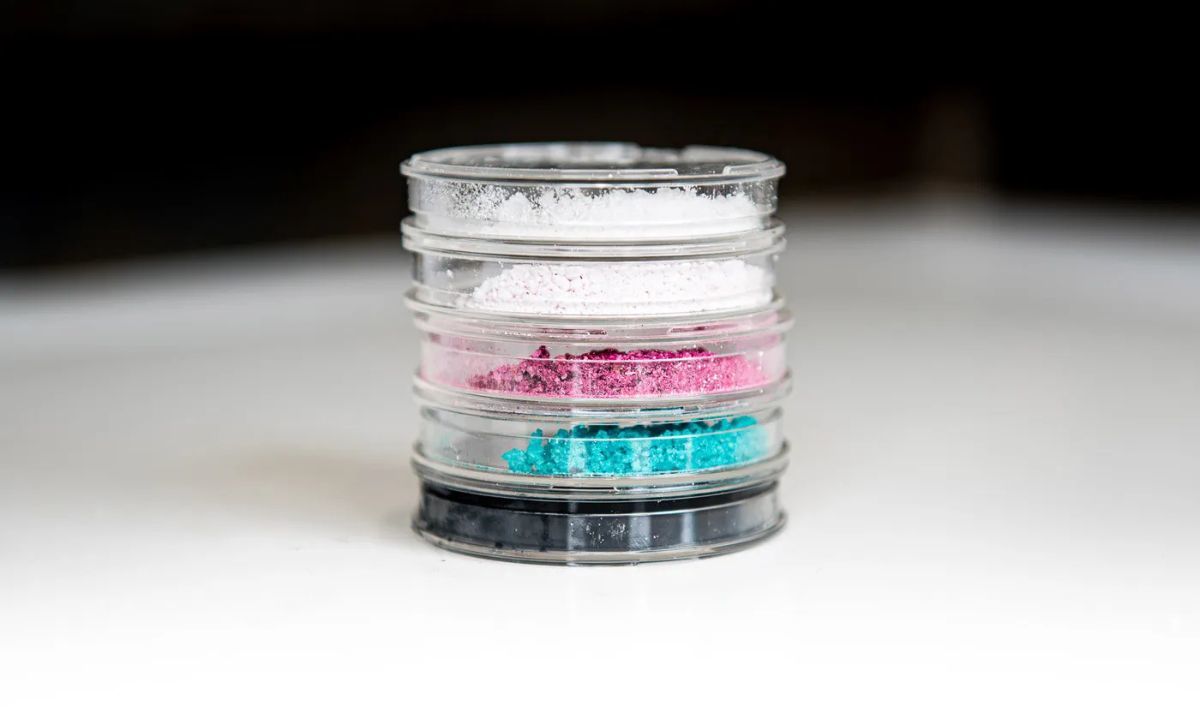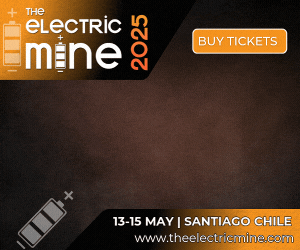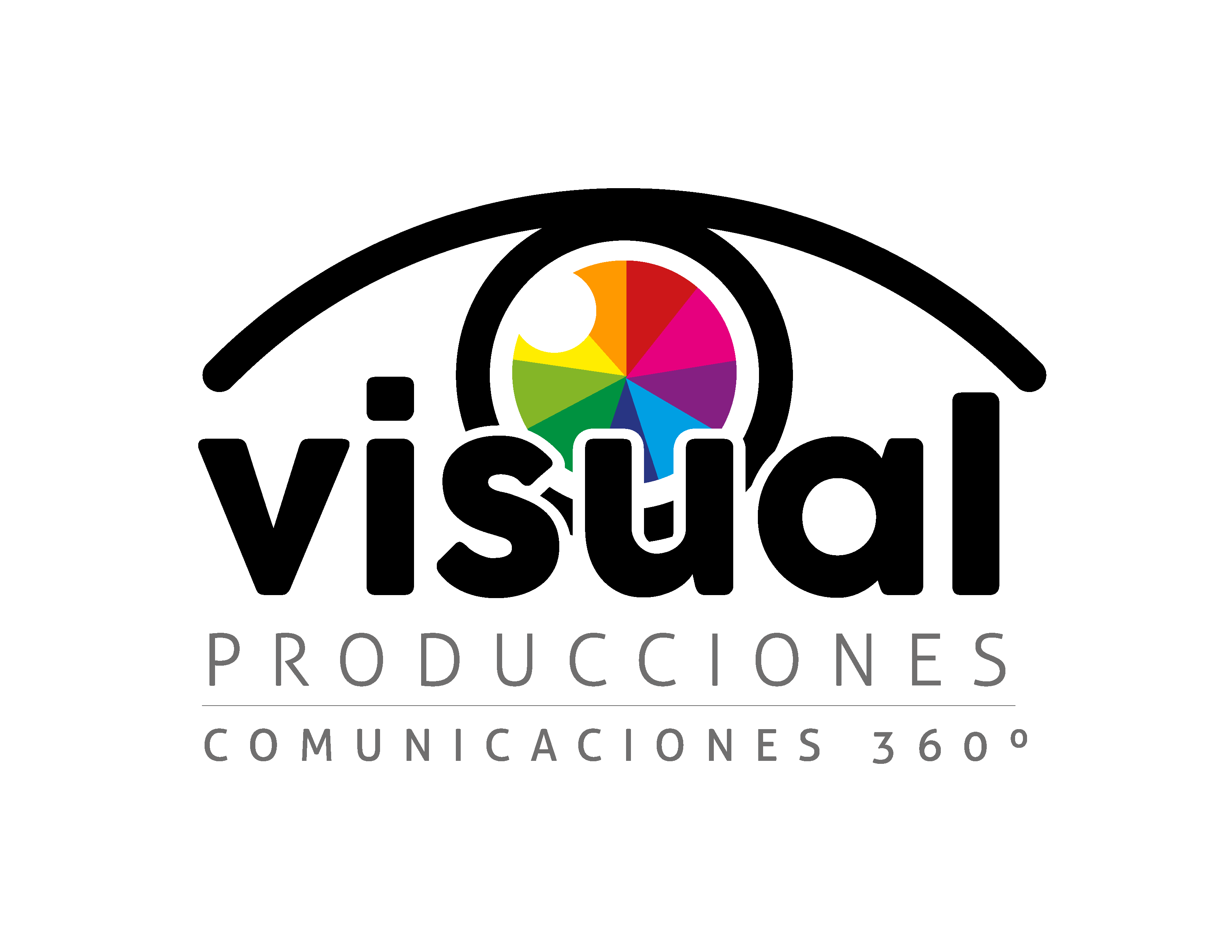
Increase in production capacity has been supported by implementing 24/7 continuous operations and enhancing manufacturing operations throughput at its facility.
American Battery Technology Company, an integrated critical battery materials company that is commercializing its technologies for both primary battery minerals manufacturing and secondary minerals lithium-ion battery recycling, has achieved a significant milestone by more than doubling production of recycled battery materials at its commercial-scale lithium-ion battery recycling facility in the quarter ending March 31, 2025 as compared to the previous quarter.
“This milestone demonstrates the capabilities of our recycling technologies, as well as the resilience and innovation of our team,” said Ryan Melsert, American Battery Technology Company CEO. “Through hundreds of targeted operational improvements, we’ve significantly enhanced production quality and output, paving the way for the next phase of our recycling technologies as we integrate our chemical extraction train into this facility to further upgrade these recycled products to high-purity cathode grade metals.”
The company has made significant advancements in its production processes, moving from a commissioning phase to 24/7 operations. Key milestones include the sourcing of recurring shipments of large-scale batteries from strategic automotive OEMs, the production and sale of commercial quantities of low-impurity intermediate black mass material, and the sale of numerous recycled byproducts. The production of intermediate black mass that demonstrates industry-defined low-impurity levels has resulted in favorable selling prices, and will be a significant advantage as ABTC moves into processing its own intermediate black mass in its internal chemical extraction train to produce high-purity critical battery metals.
Lithium-Ion Battery Recycling
The company plans to continue to enhance production quality and further scale operations of its facility, targeting even greater efficiencies and sustainable practices. With these innovations, the company continues to position as a leader in producing high-quality black mass, paving the way for implementation and integration of the company’s second phase chemical extraction train of its recycling process.
The ABTC recycling facility utilizes first-of-kind integrated technologies based on a strategic de-manufacturing process combined with targeted selective hydrometallurgical methods. This approach makes the system feedstock-agnostic, capable of processing various lithium-ion battery sizes, shapes, and chemistries. The first phase of this process produces recycled materials such as copper, aluminum, steel, lithium intermediate, and black mass, while the second phase will further refine these materials into battery-grade nickel sulfate, cobalt sulfate, manganese sulfate, and lithium hydroxide.
ABTC’s continued recycling facility production ramp up coincides with the global urgent need for lithium-ion battery recyclers. With global electric vehicle (EV) sales increasing by 50% year-over-year and reaching 1.2 million units in February 2025 (Rho Motion) coupled with a “retirement wave” of early EV batteries growing at an estimated annual rate of 43% (Deloitte), the demand for recycling lithium-ion batteries is set to surge.
ABTC’s innovative recycling technologies are positioned to address these market needs efficiently, reducing reliance on imported critical materials while supporting a more sustainable and circular supply chain. With continued enhancements at its facility, ABTC is poised to lead the charge in sustainable battery materials manufacturing for both domestic and global strategic customers.




